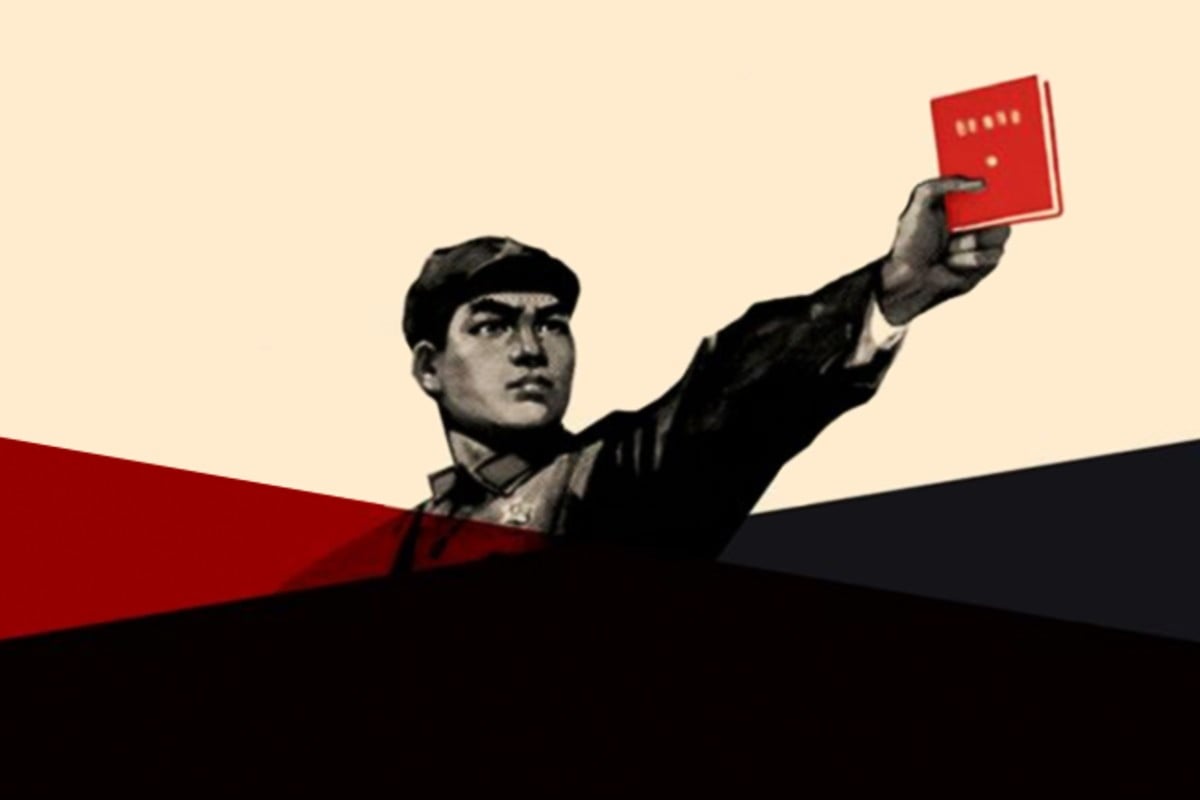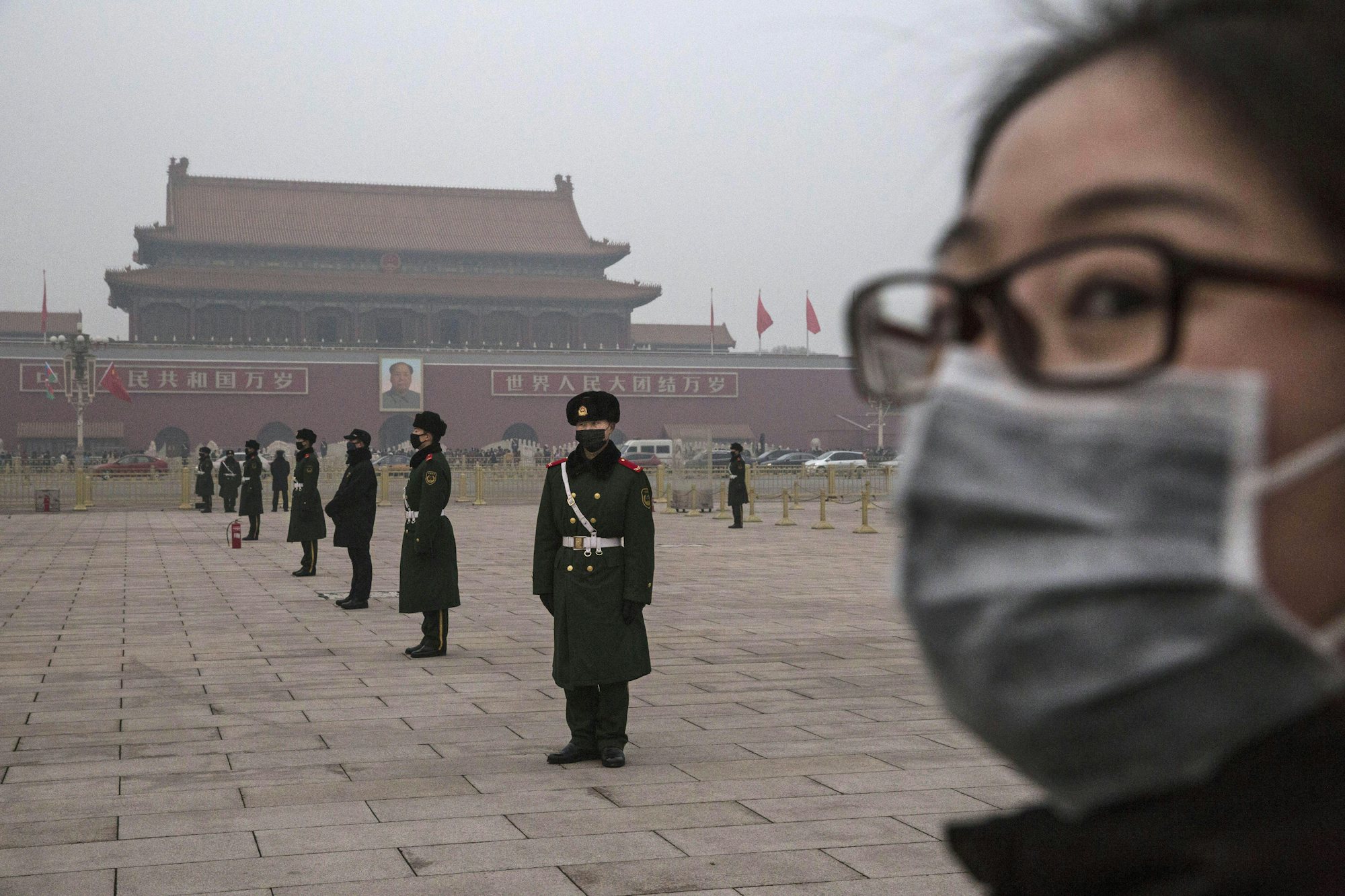Source: China File (9/28/19)
A Birthday Letter to the People’s Republic of China
By Yangyang Cheng

(China Photos/Getty Images) A student draws the Chinese national flag on a chalkboard during an activity to mark National Day, in Nanjing, Jiangsu province, September 30, 2007.
Dear People’s Republic,
Or should I call you, China?
I am writing to you on the eve of your 70th birthday. 70, what an age. “For a man to live to 70 has been rare since ancient times,” the poet Du Fu wrote in the eighth century. You have outlived many kings and countless men, and you have lasted longer than every other state that has espoused the hammer and sickle. Congratulations must be in order.
I was born a few weeks after you turned 40. We are both October babies, a fact I was so proud of as a child, your child. During a class in elementary school, the teacher showed us a recording of the day of your birth The audio, raspy with time, still echoes in me as I write, its black-and-white imagery etched in my memory.
“The People’s Central Government of the People’s Republic of China is founded today!” Chairman Mao declared atop the Gate of Heavenly Peace, overlooking a sea of red flags and exuberant faces. His portrait hung at the center of the gate, where it remains, next to these words: “Long Live the People’s Republic of China.” Continue reading A Birthday Letter to the PRC







